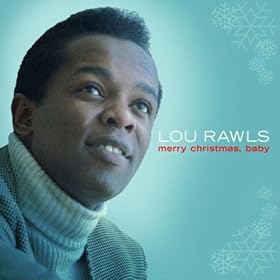When he was four and kicked a goal, I was proud of him. It was the wrong goal, but in four-year-old soccer, a goal is a goal is a goal and is always something to be proud of.
When he was thirteen and we climbed the Temple of the Sun together, I was proud of him. So it was only the third-largest pyramid in the world, beaten to second by a few lousy feet on the Pyramid of Cheops. It’s still a great pyramid in my book, and it was a great climb. I had to lean on his arm all the way down, and that didn’t diminish my pride one little bit.
When he was eighteen, he completed all his requirements to become an Eagle Scout, and I was right there on the front row of his Eagle court of honor, and I couldn’t have been more proud of him at the time. Eagle is Eagle, folks, and it’s never something to shake a stick at. Not that folks tend to shake sticks all that often, but, should one take up that dark and nefarious practice of stick-shaking, you keep it away from my son’s Eagle! He did me proud, getting that badge.
And now my son Calvin is Elder Webb. He’s heading down to Santiago, Chile tonight and will be there in the morning. He’s on a two year mission for The Church of Jesus Christ of Latter-day Saints in Santiago, and I’m even more proud of him than I was when he was four or when he was thirteen or even eighteen. He’s nineteen and he’s just started on the best two years of his life. That’s my boy with the white shirt, tie, and nametag. I love him and I’m very, very proud of him and the choices he’s made to be able to be in that position.
There’s a part of me that just wants to always hold him close. That’s the part of me that remembers he was once a little boy, a great little guy that fit on my lap. But there’s another part of me that knows those days are over. Once he was four and kicking that soccer ball, he was starting on a road to make his own choices and it was my job as his dad to be there for him, to cheer him on, and to tell everyone how proud I was of the great things he did.
Now he’s on that plane. He’s on that plane to Chile and I’m here at home, a little sad, but a lot proud. That’s my boy! Look at him go!
For those who may be wondering, yes, he did take his tiger Hobbes with him. When you read Calvin and Hobbes, you can rest assured that Calvin came out all right. He’s a young man about to do great things and his dad is very, very proud of him. He’s going to do fine, just you watch. He’s my boy, and I know he’s going to do just fine.
Best of luck, Elder Webb, may God be with you, and I’ll see you home in two years. We’ll see what else you can do to make me proud, all right? 🙂





